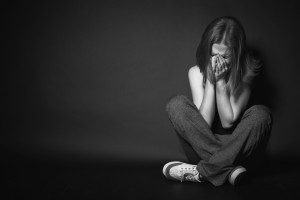At the beginning of September the European Parliament organized a workshop on “A new strategy for gender equality post 2015“.
First of all we should all know that the information we have is limited and inconsistent but however it does have some figures: 62,000,000 women in the EU have complained that they have suffered some type of violence or abuse by males. Furthermore 13,000,000 women face violence every year and 55% of women who are murdered are killed by their spouse. This problem is arising the repetition of sexual assault, rape, forced marriage and murder.
As a result there is a double conflict, on the one hand physical consequences, and on the other hand the psychological squeals. The second one affects everything from the relationship with other people as his children, to something as important as the frustration of market access and the workplace.
Certainly there are some compromises such as Beijing in 1999 of United Nations or the current Istanbul Convention on violence against women, but much remains to be done. Legislation on trafficking in persons (80% of them women) among other measures is required.
Marcela Corsi from the University of Rome underlined that gender gaps are closing because the situation of men is getting worst with the crisis and not because the situation of women has improved and the quality of employment deteriorates. She mentioned as well that the gender pay gap in Europe stagnates and that lowest gender gaps are met in the public sector and the largest for the self-employed.
We note that there are three fundamental aspects that seem urgent relevance. Prevention (search for those responsible in order to protect women), changing cultural perspective (coordination between all agencies) and support services.
Dorota Szelewa from the University of Warsaw stressed out the importance of the flexible working time to allow the working-life balance and that would permit more women in political and economic decision-making.
There is a lack of monitoring data but we see in the statistics that violence is not reduced. Thus the key of the matter is: What is the reason? The result: a masculine conception of life. This inequality is the violence that increases as women dare not denounce this huge disparity. For all this we need action to get answers from monitoring and coordination because the biggest problem of all is that there are no targets, they are needed.
Eleonore Lepinard from the University of Lausanne stood up that women are vastly underrepresented in decision making and that gender quotas are the preferred tool.
In addition, Petra Debusscher from the University of Antwerp pointed out the importance of ensuring policy coherence in the promotion of gender equality in all areas of EU external action and broaden and deepen EU gender policy in external relations and development. She mentioned as well the importance of strengthen political leadership and senior management accountability.
As a conclusion of this workshop everyone agreed that Juncker should continue pushing for more women in the college of commissioners.
